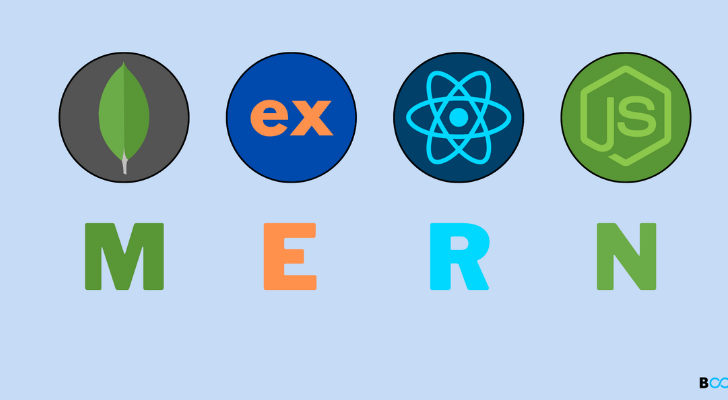MERN Stack Training: Crafting Modern Web Applications
MERN Stack, an acronym for MongoDB, Express.js, React, and Node.js, is a powerful combination of technologies for building robust and scalable web applications. MERN Stack training provides developers with comprehensive insights into these technologies, allowing them to master the end-to-end development process. Let's delve into the key components of MERN Stack and the essential aspects covered in MERN Stack training programs.
1. MongoDB:
MongoDB is a NoSQL database known for its flexibility and scalability. In the MERN Stack, MongoDB serves as the database layer, storing data in a JSON-like format called BSON. Some key MongoDB features include:
-
Document-Oriented: MongoDB stores data in flexible, JSON-like documents, making it suitable for handling various data structures.
-
Scalability: MongoDB is horizontally scalable, allowing applications to manage growing amounts of data and traffic efficiently.
-
Agile Development: Its schema-less structure facilitates agile development by accommodating changes to data structures on the fly.
2. Express.js:
Express.js is a minimalist web application framework for Node.js, designed to simplify the development of server-side applications. In the MERN Stack, Express.js acts as the backend framework. Important Express.js features include:
-
Middleware Support: Express.js simplifies the creation and use of middleware for tasks like authentication, logging, and error handling.
-
Routing: It provides a robust routing mechanism that helps in creating organized and modular APIs for the application.
-
Flexibility: Express.js's minimalistic design allows developers to choose and integrate various libraries as needed.
3. React:
React, developed by Facebook, is a JavaScript library for building user interfaces. In MERN Stack, React handles the front-end development, creating dynamic and responsive single-page applications (SPAs). Key features of React include:
-
Virtual DOM: React uses a virtual DOM to optimize and speed up the rendering of components, enhancing the overall performance of the application.
-
Component-Based Architecture: React promotes a modular architecture, allowing developers to create reusable and encapsulated components.
-
Declarative Syntax: The declarative syntax of React simplifies the process of understanding and debugging code.
4. Node.js:
Node.js is a server-side JavaScript runtime that enables the execution of JavaScript code on the server. In the MERN Stack, Node.js serves as the runtime environment for the server. Notable Node.js features include:
-
Event-Driven Architecture: Node.js operates on an event-driven, non-blocking I/O model, making it highly efficient for handling concurrent connections.
-
Scalability: Node.js's lightweight and scalable nature makes it suitable for building high-performance, data-intensive applications.
-
Package Management: Node Package Manager (NPM) simplifies the installation and management of third-party libraries and tools.
MERN Stack Training Program:
MERN Stack training programs typically cover a wide range of topics, including:
-
In-depth exploration of MongoDB, Express.js, React, and Node.js.
-
Building full-stack applications with CRUD (Create, Read, Update, Delete) functionality.
-
Developing RESTful APIs using Express.js.
-
Creating dynamic and interactive user interfaces with React.
-
Implementing real-time features using technologies like WebSocket.
-
Deployment of MERN Stack applications on cloud platforms.
-
Integration with other tools and technologies commonly used in MERN Stack development.

